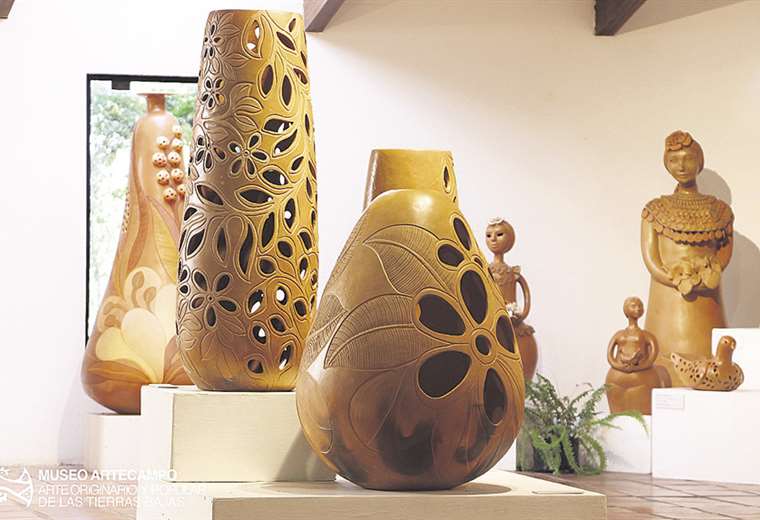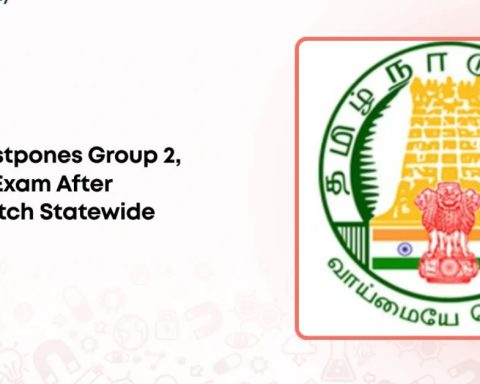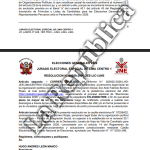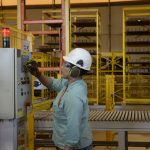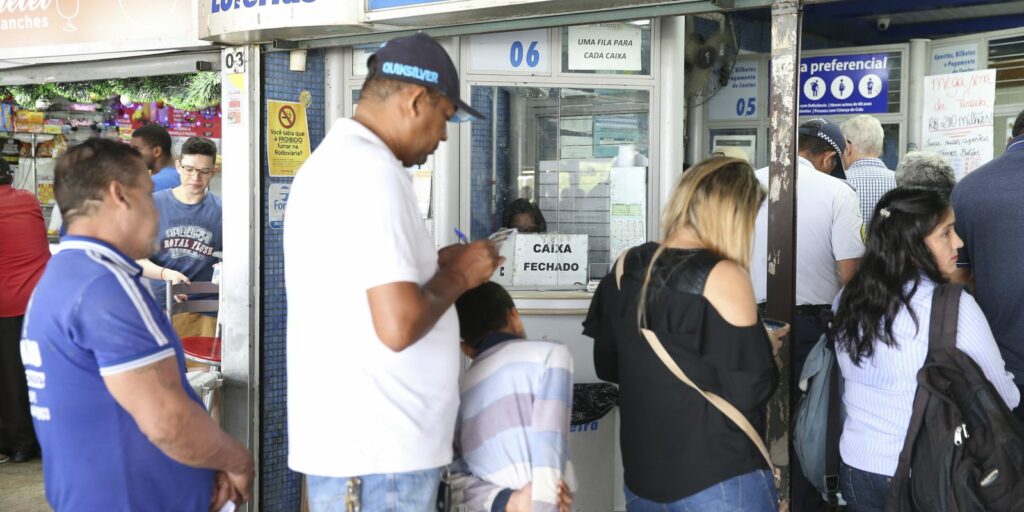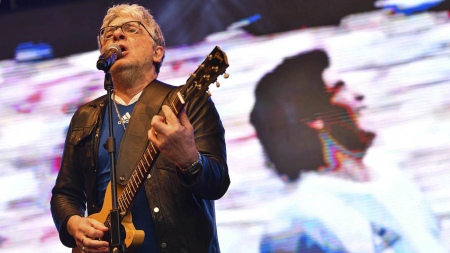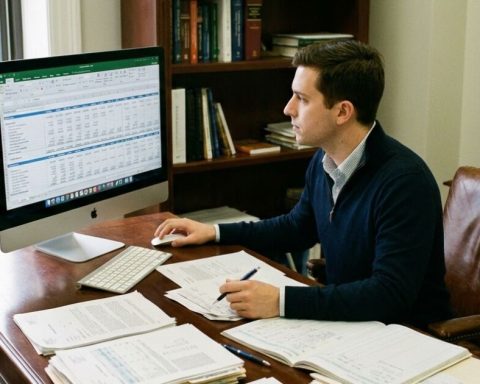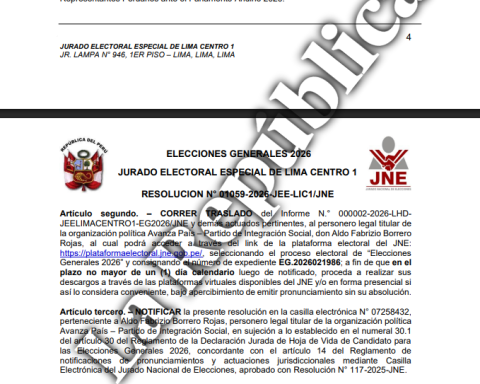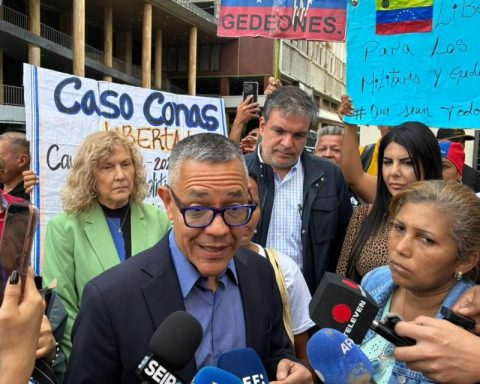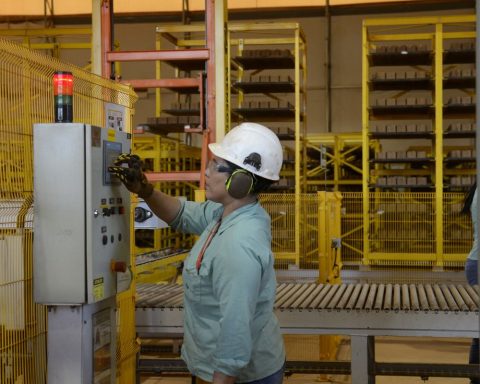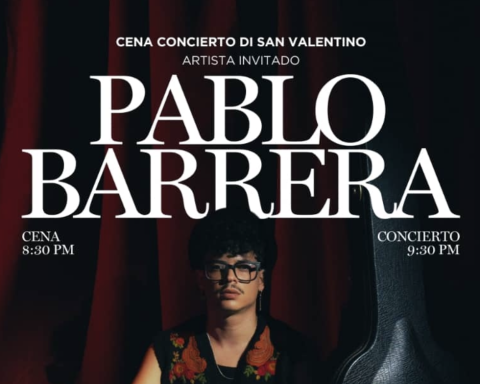December 18, 2022, 9:47 AM
December 18, 2022, 9:47 AM
The Center for Research in Artisanal Design and Cooperative Marketing (Cidac), best known for its alliance with Artecampo, received the Bartolomé de las Casas award, promoted by the State for International Cooperation and by Casa de América in Spain.
The award filled the center with pride due to the level of distinction, which, in the words of the Spanish ambassador in Bolivia, Javier Gassó, is given “to people, institutions or organizations that have excelled over time in the defense of understanding and harmony with the indigenous peoples of America, in the protection of their rights and respect for their values”.
Malena Vaca, daughter of the founder of the Country Crafts Association, Artecampo, the well-remembered Ada Sotomayor de Vaca, mentions the obstacles and milestones that this 40-year alliance had. “Getting to Isoso and Guarayos was not easy, nor was it the diverse number of languages with which we had to communicate our projects of self-management, marketing, and the transmission of knowledge from older artisans to younger ones,” she comments.
The milestone that Vaca celebrates is the fact of working with women in what is now called gender identity. “El Cidac identified women as subjects of development, as creators and transmission of their culture so that they have a greater participation in their communities,” she adds.
Paula Saldaña, director of Cidac, describes that the mission of the center is to promote among the indigenous artisans and peasants of the Lowlands sustainable processes of economic improvement, recognition and cultural affirmation through the organization, for the recovery, revaluation and development of art. original.
Saldaña praises the Artecampo Museum: Original and Popular Art of the Lowlands. “It is a project dreamed of for decades by Ada Sotomayor de Vaca, it is a space that has the best pieces of Artecampo. The opening in 2017 has been the conclusion of that dream”, says Saldaña.
Saldaña also takes pride in the work done with women. “It is the easing of gender roles in families. The men, who had never done artisan work before, began to help the women in certain artisan processes and to take more care of the children; thus, they could work making handicrafts. Along with economic independence, this empowerment, both individual and collective, of women is important, ”she says.
Saldaña points out, as long-term objectives, the consolidation of its projects with national and international aid, strengthening its collaborations with related groups and government entities to generate new projects of social cohesion and empowerment of women. “Continue with the ethnographic research process, expand the Museum’s exhibition halls and continue supporting the work of Artecampo: advice and support in the execution of projects”, she affirms.
The projects that the award will help them carry out are research, to act effectively; the recovery of techniques, the sustainability of the raw material and the uses and worldviews of indigenous art. Likewise, it will serve to diversify and modernize products, through ethnographic research to create new designs in relation to cultures in association with Artecampo and the educational dissemination of cultural heritage, which consists of promoting a greater appropriation of indigenous cultures, both both in the city and in the communities.
“We are going to work to end discrimination against indigenous and peasant communities through the appreciation of native and popular art,” says Saldaña.
He concludes by reflecting on climate change, which has become an obstacle for the communities. “There is greater difficulty for the collection and preservation of the natural raw material, essential for the subsistence of the productive work of the artisans.”
